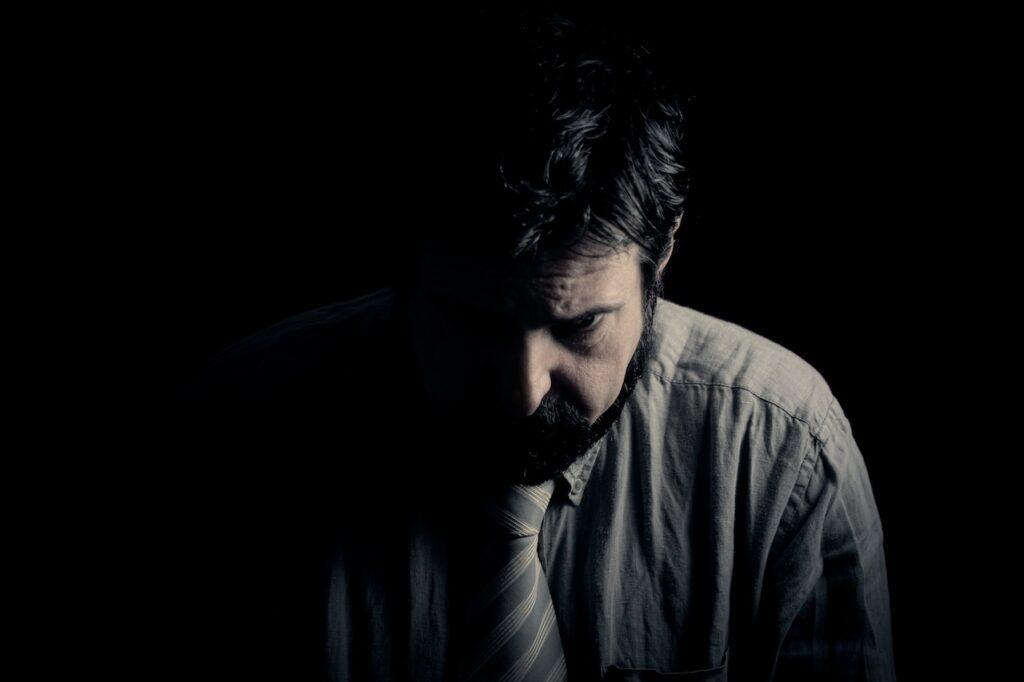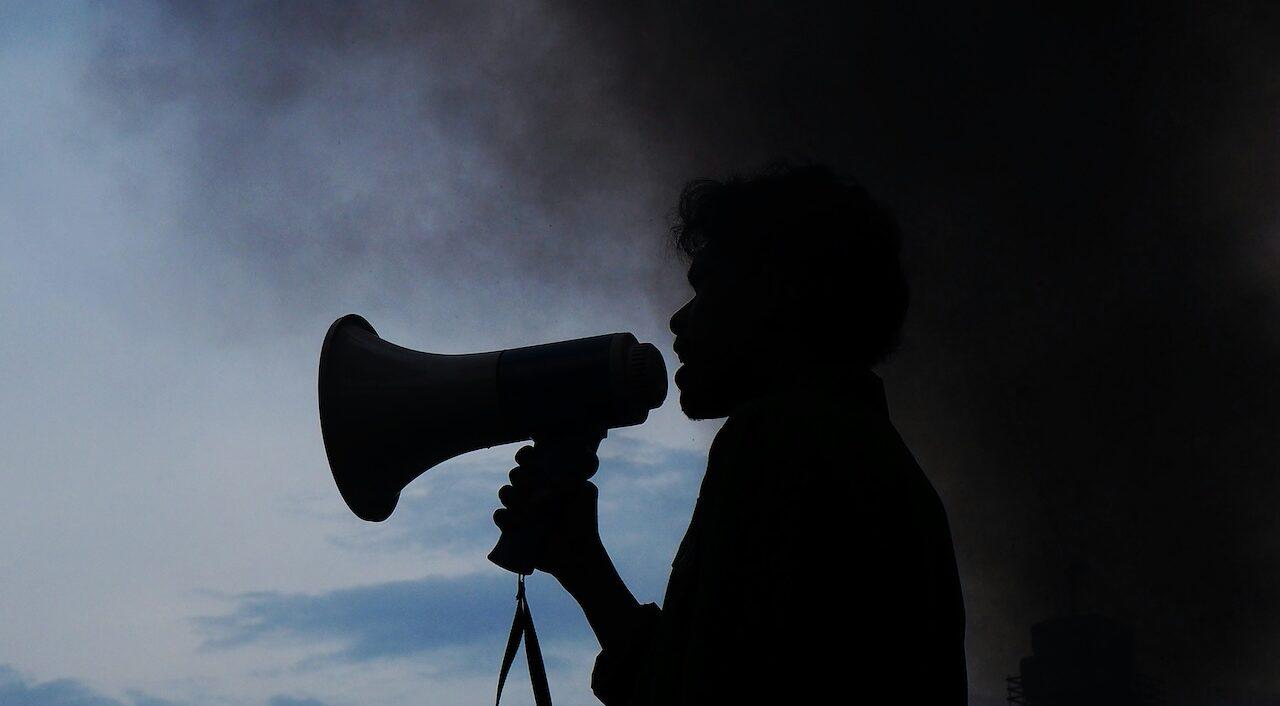It can be hard to fully realize just how damaging an act of defamation can be until it happens to you or someone you love. Defamation of character can affect all areas of a person’s life and has the power to dissolve relationships between close friends, spouses, and family members, prevent them from finding employment, or even make it unsafe for them to go out in public. In some cases, defamation can also result in unfounded criminal charges for the victim, public shame, and years of emotional trauma.
Defamation can make you feel hopeless, but you’re not without options. If someone’s false statements about you have damaged your reputation and livelihood, you may be able to recover financial compensation for the hardships you’ve endured by filing a personal injury lawsuit. Chiappetta Trial Lawyers can help you set the record straight. Contact us for a free consultation to learn how.
Key Takeaways
- False statements that damage your reputation can have devastating personal, professional, and emotional consequences—but legal action may help restore what was lost.
- In Florida, victims of libel or slander may file a civil lawsuit to seek compensation for harm to their reputation, finances, and well-being.
- Chiappetta Trial Lawyers offers experienced guidance and advocacy to help you fight back against defamation and reclaim your name—starting with a free consultation.
What is Defamation of Character?
Defamation of character is a legal term that describes a false statement that is made about a person, their business, or an organization. There are two subdefinitions of the term: libel and slander.
Libel vs. Slander
Libel is written defamation. It can take place over social media, email, blogs, text messages, or even published in magazines or newspapers.
Slander is spoken defamation. This could be through a simple conversation between two (or more) people or through a public statement made on TV, radio, podcast, or YouTube video.
Regardless of how the false statement is delivered, defamation can trigger life-changing consequences in nearly every aspect of a person’s life, affecting their familial, romantic, or social relationships, their ability to earn an income, as well as their physical and emotional safety and well-being.
Is Defamation a Crime in Florida?
Florida is one of just a handful of states that has criminal statutes relating to defamation. However, many of these statutes are considered outdated, constitutionally questionable, and rarely enforced. However, that doesn’t mean that a victim of defamation is without legal recourse. A person who has been affected by a false statement used to harm them can pursue civil litigation and seek compensation for damage to their reputation, their ability to earn income, and emotional or physical harm.



When Can You Sue Someone for Slander or Libel in Florida?
Not all damaging or false statements can be considered libel or slander in the eyes of the law. In order to pursue a lawsuit, the following elements of defamation must apply:
- The statement must be about you. You generally can’t sue on behalf of another person in a defamation suit. The statement must identify you either by name or give enough details that the statement can reasonably be assumed to be about you.
- The statement must be false. In order to be considered defamation, the statement made must be presented as fact and must be unequivocably false. For example, if a person makes a statement about you such as, “Brenda physically assaulted me,” when no physical assault took place, this may considered defamation. However, if they use hyperbole or communicate an opinion such as, “Brenda’s dress made me ill” or “Brenda is ugly,” the statement (though hurtful) will generally not be considered defamation.
- It must be communicated to a third party. Defamation is defined as a false statement that harms a person’s reputation. If the statement is made in private (such as an entry in a personal journal) or takes place during a private conversation between you and the person making the statement, your reputation can’t be considered “harmed.”
- It needs to have impacted you negatively. If the statement had no verifiable effect on your reputation, or your physical or emotional well-being, the chances of a successful defamation lawsuit are slim.
- It must be considered negligent or with malice. And it matters whether or not you’re considered a “public figure.” Public figures deal with negative press all the time. However, it isn’t always easy (or possible) for press members to verify whether or not a source is correct, and the resulting harm may not be intentional. If a false statement is made against a public figure, it must be considered to be made with the intent to harm them, or in legal terms, with actual malice, to be considered defamation. However, if you are a private citizen, hold no public office, and are not considered a celebrity, the standard is generally considered much lower. You will only need to prove that the statement was made with negligence.
What Damages May be Awarded in a Florida Defamation Case?
The term “damages,” in a legal context, describes the compensation that a person may receive if they successfully file a personal injury suit. When referring to defamation cases, damages are typically divided into two (sometimes three) groups: special damages, general damages, and punitive damages.
Special damages (also known as economic damages) are paid if the court finds that the defamation incident caused a specific, quantifiable, financial loss. For example, if a person loses their job due to slander, they can pursue compensation for the loss of income they’ve endured as a result. If physical or emotional harm results from the incident (such as a person attacking or doxxing the victim following a slanderous accusation) they can also sue for the cost of their medical bills, therapy, or damage to their property.
General damages (also known as non-economic damages) typically address hardships such as emotional or physical pain, or other hardships that may not necessarily be strictly financial in nature. Defamation commonly affects a person’s employment, relationships, and even physical and emotional safety and can cause long-lasting trauma following the incident. Victims who suffer defamation have the right to pursue compensation for these hardships and many others.
Lastly, in some rare cases, victims may be awarded punitive damages if the defendant acted with particular. These damages are meant to punish the defendant rather than to compensate the victim for a specific loss.
If the statement had no verifiable effect on your reputation, or your physical or emotional well-being, the chances of a successful defamation lawsuit are slim.
What to Do If Someone is Defaming You In Florida
If you believe that you’ve been defamed, whether through libel or slander, there are important steps you’ll need to take in order to pursue legal action and increase your chances of securing damages:
- Document Everything: One of the most important measures you can take before filing a defamation claim is to document anything relating to the defaming statement. This includes the statement itself, any responses to the statement, police reports, and any communication from the person who made the statement. If you receive text messages, emails, or letters regarding the statement from family members, employers, or strangers, document these as well.
- Identify the Source: Document the identity of the person who made the statement so that there’s no question of their identity. If you’re not 100% sure who made the statement, hire a lawyer to find out.
- Minimize Communication With the Involved Parties: It can be tempting to publicly defend yourself following an act of defamation or retaliate against the person who made the statement. Unfortunately, this can often complicate or damage your case. Hire a lawyer to handle all communications with the various parties involved as well as the authorities or media.
How a Florida Defamation Lawyer at Chiappetta Trial Lawyers Can Help
Beyond investigating your claim and collecting evidence on your behalf, a defamation lawyer can offer many other services to help your chances of winning your case. Here are just a few of the many benefits of hiring a defamation lawyer at Chiappetta Trial Lawyers:
- We can subpoena private records: In many cases of defamation, the liable party may attempt to delete evidence of the incriminating statement or shield themselves from being identified. Our lawyers can attempt to subpoena private communications, including deleted text messages, social media exchanges, or any privately owned digital media.
- We can communicate with the parties involved: Communicating directly with the individual or individuals who made untrue statements about you can complicate or invalidate your claim. Our lawyers can contact these individuals on your behalf or compile witness statements. We can also send cease and desist letters to try and keep the defaming statement from spreading.
- We can calculate the damages: Because defamation has the potential to affect many aspects of your life, you may be entitled to greater damages than you initially believe. Our lawyers can calculate all potential damages and negotiate a fair settlement on your behalf.
- We can represent you in court: If the liable party is not willing to settle out of court, we are prepared to take your case to trial and advocate your best interests to a judge.
- We can advise you on what to do: When a false accusation is made against a person, their emotional and even physical safety can be at risk. Our lawyers can advise you on how to stay safe and protect the viability of your case at every step.

Florida Defamation Lawyer: FAQs
Is it defamation if it’s true?
No. A statement can only be considered defamation if it is untrue and used intentionally (and maliciously) to harm a person’s reputation. You will also need to prove that it directly resulted in damage to your financial, emotional, or physical state.
Is a bad review defamation?
If the bad review was untrue and used maliciously to harm your business or reputation, then yes, it can possibly be considered defamation. Of course, you’ll still need to identify the person who made the review and prove that it directly resulted in harm.
How long do you have to file a defamation lawsuit in Florida?
You generally have two years from the date that the statement is made to file a defamation lawsuit in Florida. However, in some cases, you may have longer. If the statement made didn’t result in damage to your reputation until later, you may have more time to file. For example, if a person emailed your spouse falsely claiming that you cheated on them but the spouse didn’t see the email until much later, the two-year statute of limitations might start when the spouse discovers the email, not when the email was sent.
How much can you sue for defamation of character in Florida?
It depends on the level of damage resulting from the false statement, the amount of evidence available, and the effectiveness of your lawyer. For example, if the defamation resulted in five years of unemployment due to a damaged reputation, you may be able to recover the amount of pay you would have made for that period if you had been able to retain employment. However, you must prove that the statement caused your termination and prevented you from getting hired.
Can you sue someone who is anonymous for defamation?
No. You’ll need to identify the person who made the original statement in order to pursue damages. However, if you’re unable to do this on your own, a lawyer may be able to help. At Chiappetta Trial Lawyers, we can often assist clients in uncovering information that may not be publicly available. For example, if libel occurs on an anonymous social media account or platform, we may be able to subpoena digital records to uncover the identity of the person who made the statement.
Defamation can make you feel hopeless, but you’re not without options.
Discuss Your Case With a Florida Defamation Lawyer Today
Regardless of how the statement was made or written, an act of defamation is often one of the most traumatizing events in a person’s life. Unfortunately, it can also be difficult to resolve without professional help.
If you’re ready to get started, contact Chiappetta Trial Lawyers today to schedule a free consultation with a Florida defamation lawyer. We’ve litigated numerous cases and have negotiated settlements worth millions of dollars on behalf of our clients in defamation cases.




